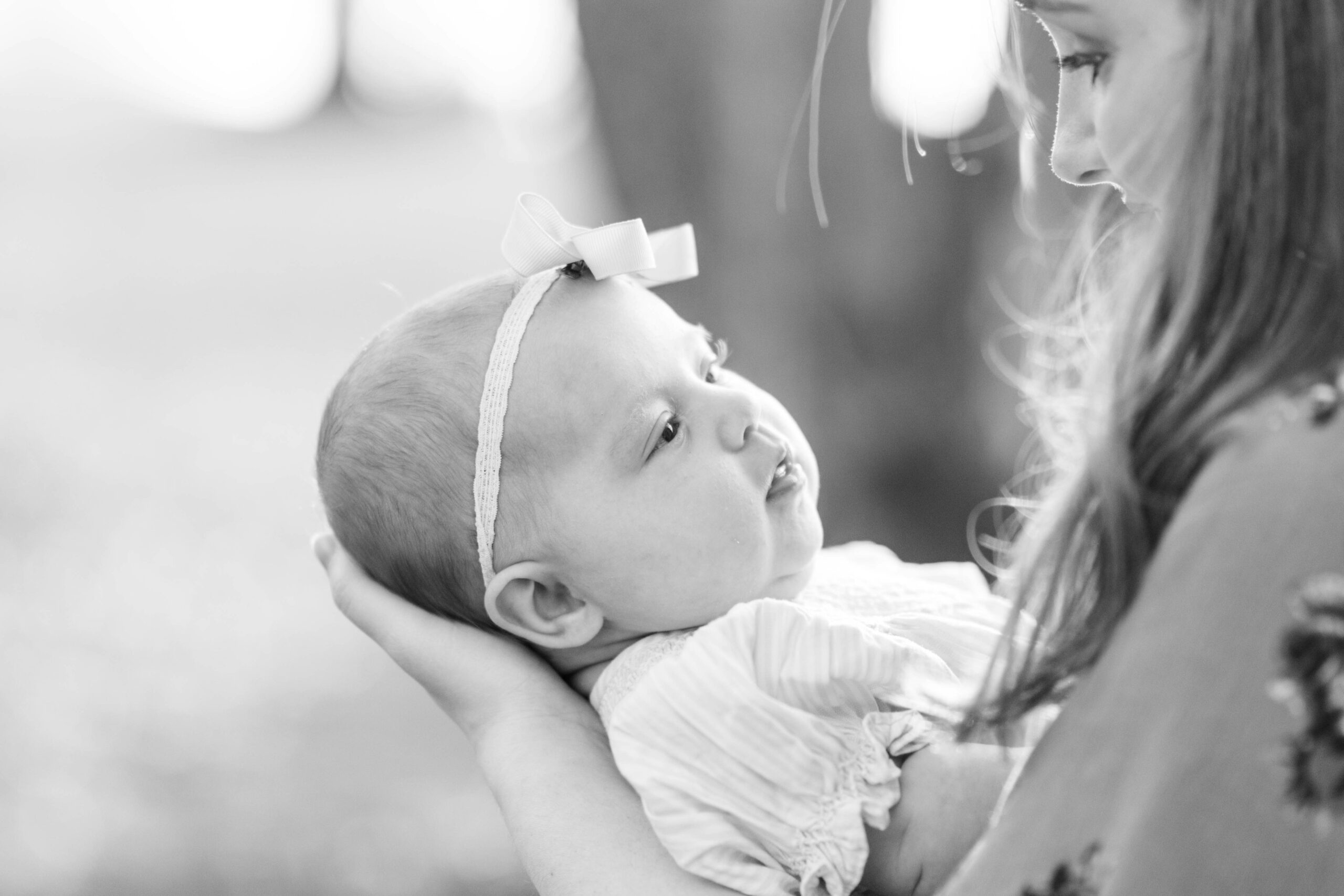The journey doesn’t end with labor.
The post-partum period is an important step in perinatal care. It starts immediately after labour and typically continues for 6-12 months.
Dealing with the transition from the role of an expecting lady and the centre of attention to a mother adapting to the role of a caregiver presents a range of mood and mental health challenges.
The new healthcare needs of both the mother and the baby, keeping up with routine visits, physiological, anatomical and hormonal return to the pre-pregnancy state, and the delicate and dependent state of a newborn during the first six months are common contributors.
In this post, we aim to discuss some key elements in developing post-partum mood alterations and offer ways to manage and seek help when facing difficulties.
Post-partum Blues
The Post-partum (PP) Blues is perhaps the most common and mildest form of mood changes after giving birth. It usually occurs within the first ten days of delivery, lasting up to two weeks. This condition mostly represents the normal hormonal changes immediately after labour. Mothers may experience mood lability, depression, increased sensitivity to criticism, tearfulness, fatigue, irritability, poor concentration, anxiety, and insomnia.
It is important to note that this condition presents mild intensity, and the mother’s ability to care for her basic needs and those of the baby would not be significantly affected.
If the intensity or duration exceeds what is described, Post-partum Depression may be of concern.
Post-partum Depression
The Post-partum Depression includes a more intense and long-lasting form of mood and mental symptoms. It may occur at any time within the first 6 months after labour. While less common than Post-partum Blues, its chance of recurrence is higher. So, mothers with a history of PP Depression face a higher risk of redeveloping it subsequently.
As mentioned, this condition is suspected when PP Blues presents longer with more severe symptoms, often interfering with the mother’s ability to care for herself or the baby. Affected individuals may experience severe disinterest in the baby or even suicidal or homicidal ideations.
Those with a family history of depression, Prenatal depression or anxiety, stressful situations, a poor support system, an unwanted pregnancy, or an infant with increased needs, such as some neonatal illnesses, face a higher risk of developing PP Depression.
This condition requires prompt and timely professional assessment and may require medical or psychological intervention to prevent any risk of harm to the mother and the baby. Special attention should be directed towards the mother-baby bonding, as the first few months play a significant role in long-term attachment with lasting effects.
Post-partum Psychosis
Presenting as perhaps one of the most serious complications despite its rare occurrence, Post-partum Psychosis occurs due to complex psychosocial stressors and hormonal changes following delivery.
This rare but serious complication may present as acute episodes of distorted perception of reality with bizarre and delusional beliefs within the first two weeks, which may last for months. There is a high chance of recurrence in subsequent pregnancies following the first experience.
Significant risk factors include a personal history of psychiatric disorders such as bipolar disorder, schizophrenia, or other complex conditions, as well as a family history of Post-partum Psychosis.
This rare condition is a psychiatric emergency which typically requires inpatient specialist care with close monitoring and medical interventions. The highest risk of self-harm or harm to the baby is observed with this condition.
Help is Available!
It is important to keep in mind that help is available when facing these challenges.
Most families rely on the previous experiences of their more seasoned members, such as grandmothers and the elderly. The importance of a good social support system cannot be emphasized enough in managing and maintaining a low risk of mental health challenges after childbirth, especially in milder and brief conditions such as the Post-partum Blues.
That being said, some communities face an increased risk of difficulties in the absence of such support, especially in the case of their first pregnancy experience. Immigrant families face numerous difficulties added to the challenges of postnatal care, with language barriers, the absence of an extended family support system, and the social difficulties back in their home country. Single mothers also face added hardships, deserving of special attention.
Joining a community of like-minded people with similar experiences going through these times, sharing experiences and various kinds of social support may offer significant help to address these needs and reduce the risk. With that in mind, we plan to bring you an online community, connecting people of different backgrounds, whether local, indigenous, immigrant or refugee, and single mothers or the unhoused communities, as we believe it helps reduce the risk of harm.
Additionally, it is important to recognize when professional help is needed. Contacting your healthcare provider for professional advice is always a good idea in the face of mental health challenges. However, some symptoms indicate a more serious underlying condition which requires prompt professional attention. As previously discussed, these include severe symptoms impacting the mother’s ability to care for herself or the baby, and any symptoms lasting for more than 2 weeks, as well as signs of distorted perception of reality or false delusional beliefs.
Two of the most serious red flags to watch out for are any thoughts of harm to yourself or the baby. In such cases, seeking immediate professional help through suicide hotlines, available via phone at 9-8-8, or emergency services on 9-1-1 must be considered.
Conclusion
In conclusion, the post-partum period presents with different mental health challenges due to physiological, hormonal, emotional and social changes that a family goes through. These changes include a range of milder transient Post-partum Blues to more serious Post-partum Depression and Psychosis.
It is important to identify and amplify resources of social and familial support during this time and be able and prepared to recognize the signs of more serious conditions to seek proper professional help, available via your healthcare professional or emergency hotlines during more serious events.
Please feel free to share your experience with us, the challenges you faced and the people or factors which supported you through the postpartum period. You can write to us in the comment section or share your thoughts via social media.




